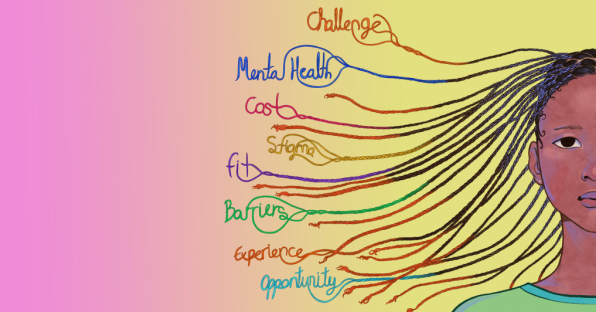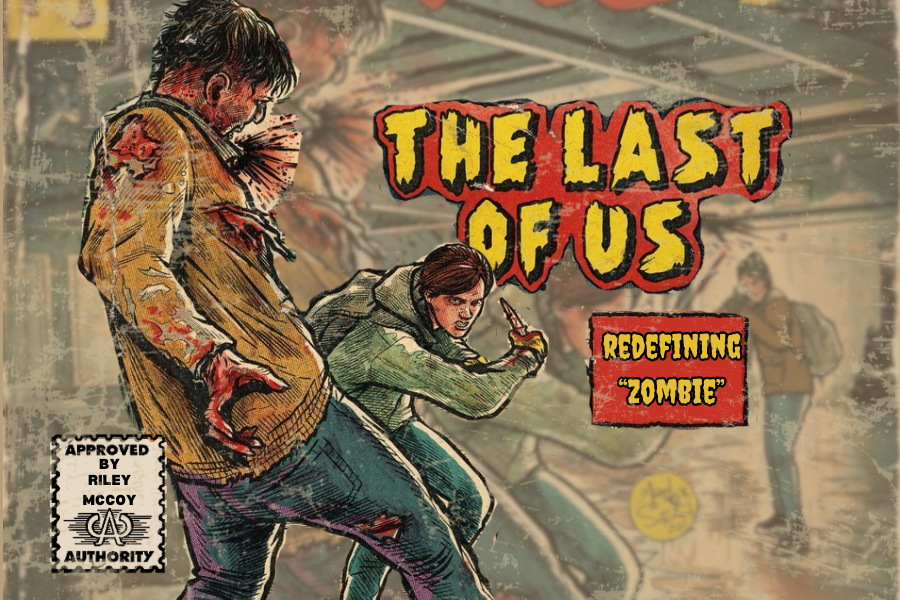When navigating the journey of adolescence, teenagers often struggle with mental health issues such as anxiety, phobias, and depression. But despite their prevalence, mental health issues are often overlooked and dismissed, escaping the notice of parents, educators and peers alike. This is because signs of struggle are often misinterpreted as teenage angst and the inevitable “it’s just a phase” comments. However, the complexity of mental health and its power over adolescents goes far beyond the teenage stereotype. A combination of factors contribute to why the mental wellbeing of teenagers is ignored: the stigma around mental health discussions, a general lack of knowledge, societal norms and a fear of asking for help. This makes it all the more vital to unveil these hidden struggles for the well-being of teens. Additionally, there are some ways in which teenage mental health issues can be prevented.
Some mental health issues that often go unnoticed are depression, eating disorders, and anxiety disorders. When thinking of someone with depression, your mind likely goes to someone who is always moody and isolates themselves from others, since that is the stereotype surrounding it. In contrast, there is something named “smiling depression,” which is when someone who is depressed presents themselves as happy in order to mask their symptoms. They do this because of the negative stigma about depression in our society and because of a fear of judgment from others. Eating disorders, specifically anorexia nervosa, have the highest mortality rate, or death rate, of all mental illnesses, but are very easy to miss. This stems from Western societal expectations, where being “thin” is deemed necessary to be an attractive woman. This is also rooted in the prevalence of diet culture, where obsessive exercise and food restriction are applauded. On social media, particularly, there are posts filled with the newest fad diets, quick fixes, and extreme weight loss strategies that could lead to a negative relationship with food. Additionally, there is always a new beauty standard to hold yourself accountable to. In addition, anxiety disorders are oftentimes dismissed because of their wide range of symptoms. This is because there is no “set in stone” checklist or requirements to actually have anxiety. Also, much like individuals with depression and eating disorders, people with anxiety disorders can be skilled at putting a cloak over their symptoms or anxiety-related habits. Even though teens have the ability to push away their feelings and struggles, they should by no means feel obligated to do so.
The foundation of teen mental health is dynamic and intricate, characterized by the interplay of biological, psychological and social factors. Adolescence brings a wide range of emotional obstacles and adjustments. Navigating problems such as your identity, relationships, social media, academic pressures and hormonal changes can significantly impact a teenager’s mental well-being. Some of the most common mental health issues are emotional disorders, behavioral disorders, eating disorders, psychosis, and suicide. If dismissed, there are irreversible consequences that may arise. This includes social isolation, criminal behavior, self-harm, and even death. It is pivotal that there be earlier intervention with these issues to reduce the risk of severe long-term consequences.
Destigmatizing conversations around mental health, particularly in the context of teenagers, is an essential strategy for improvement. By normalizing discussions and enhancing mental health education in schools, we can empower both educators and students to recognize, understand, and address these challenges. Parents could encourage honest communication between themselves and their child and spend more time doing things together that their adolescent enjoys in order to promote good mental health. Creating a supportive environment within communities further encourages the safety net for teens, ensuring that they do not navigate these turbulent years alone. By shedding light on why teen mental health often goes unnoticed, we unveil a path towards a more informed generation equipped to handle the challenges of adolescence.









